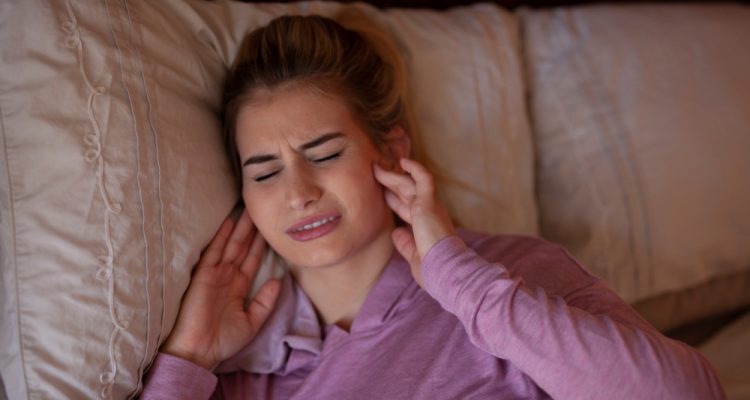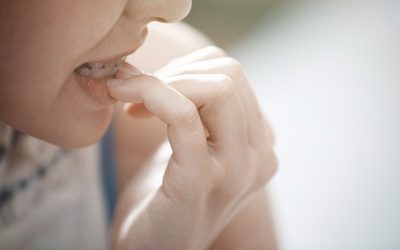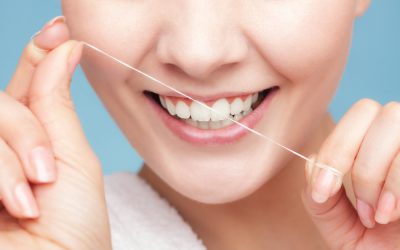Bruxism is the medical term to describe the act of clenching, grinding or gnashing teeth, while awake or asleep. While mild teeth grinding may not warrant treatment, frequent or serious grinding should be treated as soon as possible to prevent permanent mouth, jaw or tooth damage.
Keep reading to learn 5 side effects of teeth grinding and how they impact your oral health.
An Overview of Bruxism
Bruxism can occur while you’re awake or asleep (or both). During the day, you may clench your jaw without realizing it. At night, you may grind or gnash your teeth during deep sleep. Most people who grind their teeth at night do so without knowing it. Sometimes, a partner discovers the issue when they’re awakened in the night by grinding or clicking sounds. Sometimes, you may not realize it until damage occurs to your teeth or jaw.
Headaches, jaw or face pain, unexplained tooth pain or sensitivity, unexplained tooth cracks or chips, and tight jaw muscles are all possible symptoms of bruxism. There may be physical, psychological or genetic factors that lead you to grind your teeth. During the day, stress, tension and deep concentration all contribute to tight, clenched jaw muscles. At night, stress, an existing sleep disorder, hyperactivity and certain medications might be causing grinding or gnashing.
Teeth grinding can – and does – affect people of all ages.
5 Negative Side Effects of Teeth Grinding
Aside from disrupting your partner’s sleep at night, and potentially your own as well, frequent or severe teeth grinding and clenching can lead to several serious side effects that damage your mouth, teeth, jaw and overall oral health.
- Pain. Teeth grinding and clenching places constant stress and pressure on the jaw joints and the surrounding muscles. You might experience jaw pain and stiffness, facial pain and even earaches from frequent grinding.
- Jaw disorders. Grinding can affect the structure of the joints and muscles that make up the jaw and cause temporomandibular disorders (TMD). TMD can cause severe facial, neck and shoulder pain, and lead to difficulty chewing, talking and swallowing.
- Tooth damage. Tooth damage is a leading side effect of clenching and grinding. Frequent grinding can wear down tooth surfaces and tooth enamel, leading to height loss and increased tooth sensitivity. Additionally, constant stress and pressure can crack, chip, fracture or loosen teeth. Grinding can also damage fillings, crowns or bridges you may already have.
- Gum recession. Bruxism is a leading cause of gum recession. Grinding causes teeth to shift and loosen, creating pockets where bacteria enter and cause the gums to pull away from the teeth.
- Headaches. Grinding can cause painful migraines and tension headaches from the constant stress and pressure placed on the face and jaw muscles.
Call Boyett Family Dentistry for All Your Oral Health Concerns
If you believe you grind or clench your teeth, or a partner has noticed teeth grinding at night, please call Boyett Family Dentistry. There are several treatment options for bruxism, including mouthguards, medications, procedures, exercises and behavioral or lifestyle changes. Every case is different, so call and schedule an appointment as soon as possible so we can get you started on the right path. Reach out at 863-294-9200 or send us a message online.






